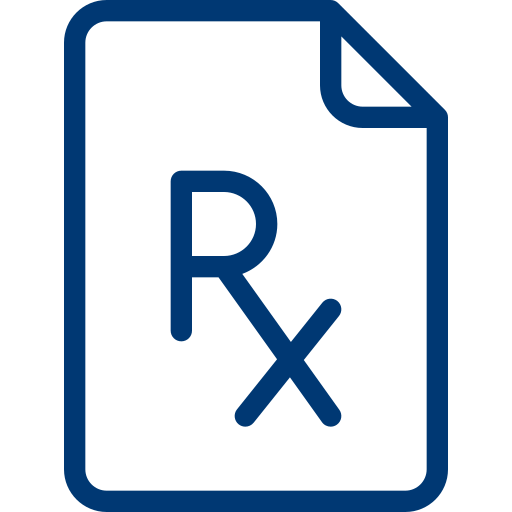Understanding Cardiac Blood Tests: A Guide to Heart Health
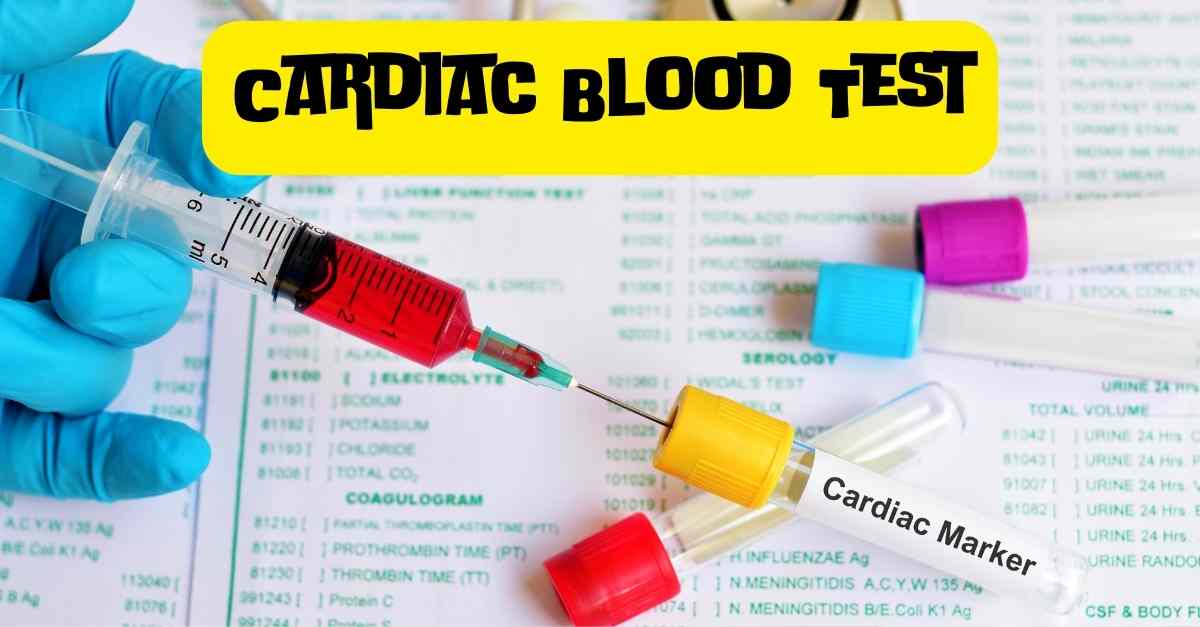
Cardiac blood tests play a crucial role in assessing heart health and diagnosing various heart conditions. These tests analyze specific markers in the blood that provide valuable insights into the functioning of the heart. Understanding the significance of cardiac blood tests and their normal ranges is essential for maintaining optimal heart health.
What Are Cardiac Blood Tests?
Cardiac blood tests are medical examinations that evaluate different substances in the blood associated with heart function and health. These tests help healthcare providers assess the risk of heart disease, diagnose heart conditions, and monitor the effectiveness of treatment.
Key Cardiac Blood Tests:
A. Troponin Test: Troponin is a protein released into the bloodstream when there's damage to the heart muscle, such as during a heart attack. Normal range: Usually less than 0.03 ng/mL.
B. Creatine Kinase (CK) Test: CK is an enzyme found in the heart, brain, and skeletal muscles. Elevated levels may indicate heart muscle damage. Normal range: 38 to 174 units per liter (U/L).
C. BNP (Brain Natriuretic Peptide) Test: BNP is a hormone produced by the heart in response to increased pressure or volume overload. Elevated levels may indicate heart failure. Normal range: Less than 100 pg/mL.
D. Lipid Panel (Cholesterol and Triglycerides): Measures various types of cholesterol and triglycerides in the blood. High LDL cholesterol and triglyceride levels are associated with an increased risk of heart disease, while higher HDL cholesterol levels are considered protective. Normal range: LDL cholesterol: Less than 100 mg/dL; HDL cholesterol: Greater than 40 mg/dL for men and greater than 50 mg/dL for women; Triglycerides: Less than 150 mg/dL.
E. C-reactive Protein (CRP) Test: CRP is a marker of inflammation in the body. Elevated levels may indicate inflammation in the blood vessels, increasing the risk of heart disease. Normal range: Less than 1.0 mg/L.
Interpreting Cardiac Blood Test Results:
Understanding the significance of cardiac blood test results involves comparing the measured values to established normal ranges. Results outside the normal range may indicate a potential heart condition or increased risk of heart disease. However, it's essential to interpret these results in the context of an individual's overall health, medical history, and other diagnostic tests.
Importance of Regular Monitoring:
Regular cardiac blood tests are vital for individuals with known heart conditions or risk factors for heart disease. These tests help monitor the progression of heart conditions, assess the effectiveness of treatment, and detect any changes in heart health over time. Additionally, routine screening with cardiac blood tests can aid in the early detection of heart disease, allowing for timely intervention and management.
Frequently Asked Questions:
Q1: How often should I get cardiac blood tests?
A1: The frequency of cardiac blood tests depends on various factors, including age, medical history, and risk factors for heart disease. Your healthcare provider can recommend an appropriate schedule for testing based on your individual circumstances.
Q2: What can cause abnormal results in cardiac blood tests?
A2: Abnormal results in cardiac blood tests can be caused by various factors, including heart disease, heart attacks, infections, inflammation, medications, and lifestyle factors such as diet and exercise habits.
Q3: Are cardiac blood tests painful?
A3: Cardiac blood tests typically involve a simple blood draw, which may cause mild discomfort or a brief sensation of pressure. Nonetheless, the process is typically well-received and relatively devoid of discomfort.
Q4: Can cardiac blood tests diagnose all heart conditions?
A4: While cardiac blood tests can provide valuable information about heart health, they may not detect all heart conditions. Additional diagnostic tests, such as imaging studies and electrocardiograms (ECGs), may be necessary to fully evaluate heart function and structure.
Q5: How can I maintain heart health between cardiac blood tests?
A5: Maintaining heart health involves adopting a healthy lifestyle, including regular exercise, a balanced diet, maintaining a healthy weight, managing stress, avoiding smoking, and limiting alcohol consumption. Following these recommendations can help reduce the risk of heart disease and promote overall cardiovascular health.
Conclusion:
Cardiac blood tests are valuable tools for evaluating heart health and diagnosing heart conditions. Understanding the key cardiac blood tests and their normal ranges is essential for maintaining optimal heart health. By monitoring these markers regularly and working closely with healthcare providers, individuals can take proactive steps to protect their hearts and reduce the risk of heart disease. Regular check-ups and adherence to a healthy lifestyle are critical components of heart disease prevention and management.


 - What Is It, Cost, Symptoms, And How Does It Work.jpg)

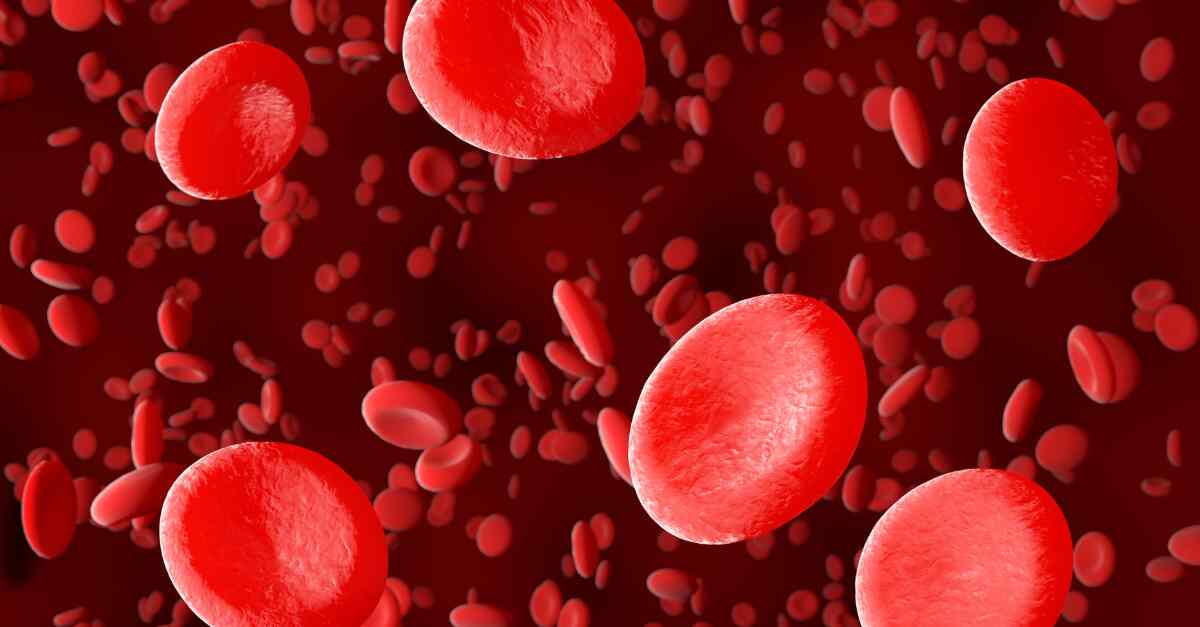

.jpg)

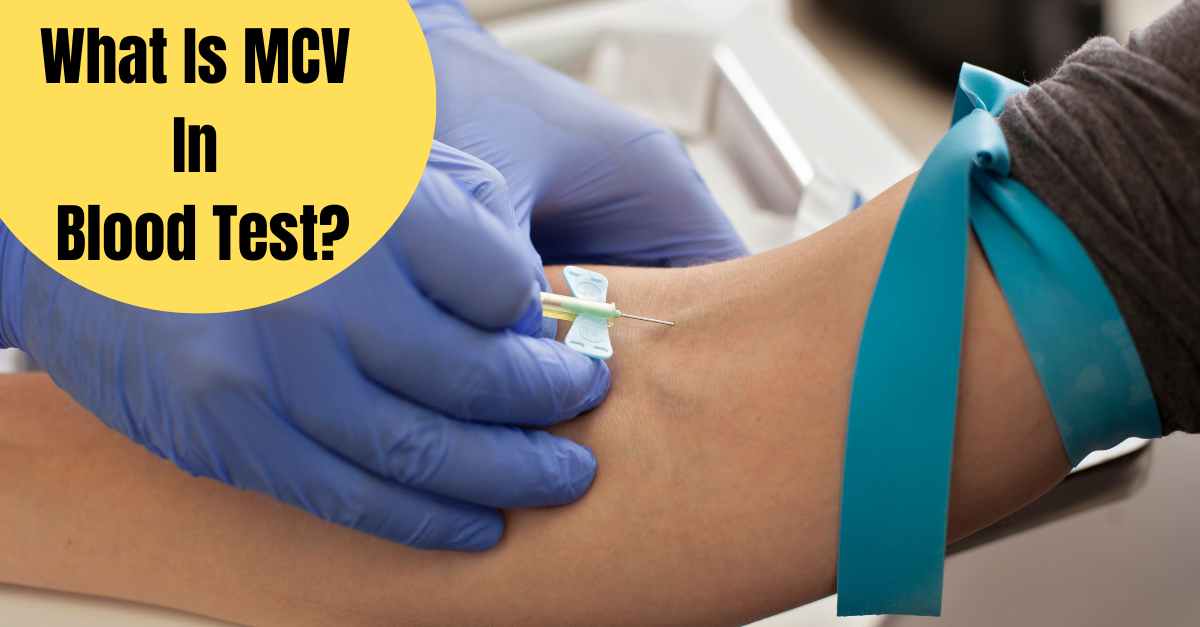













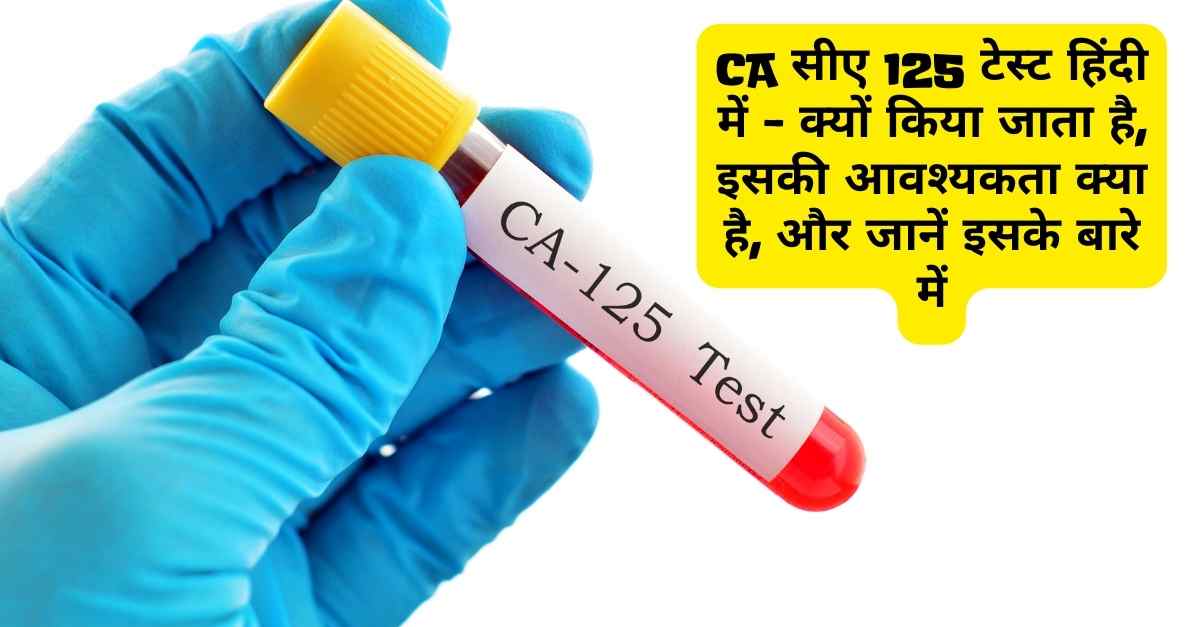
 Test.jpg)








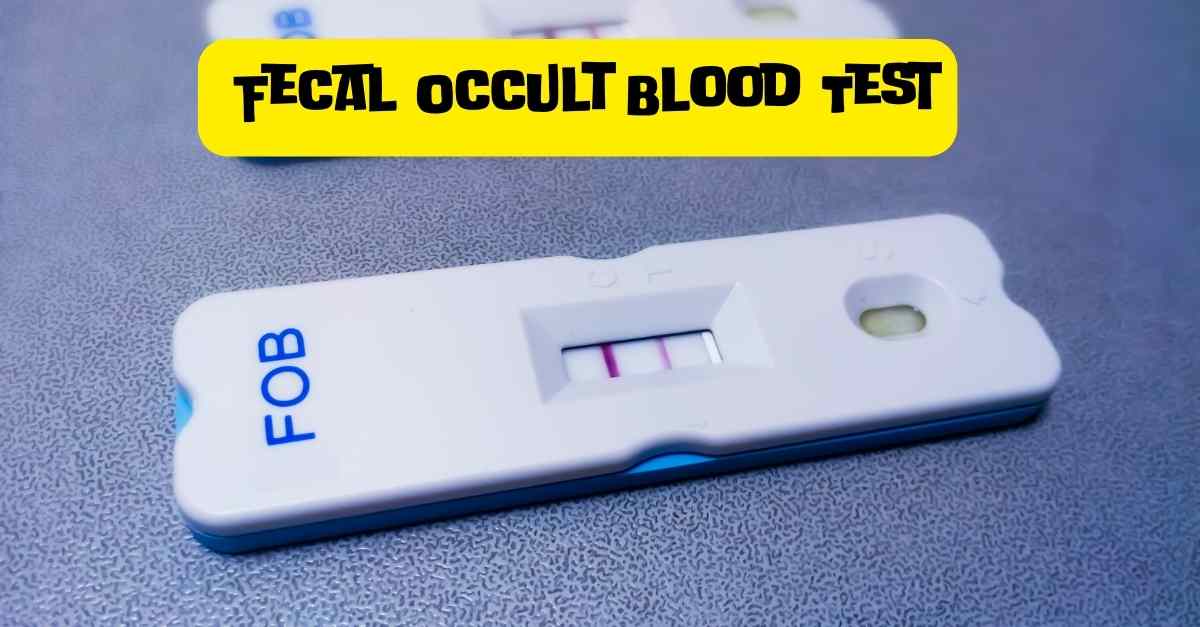








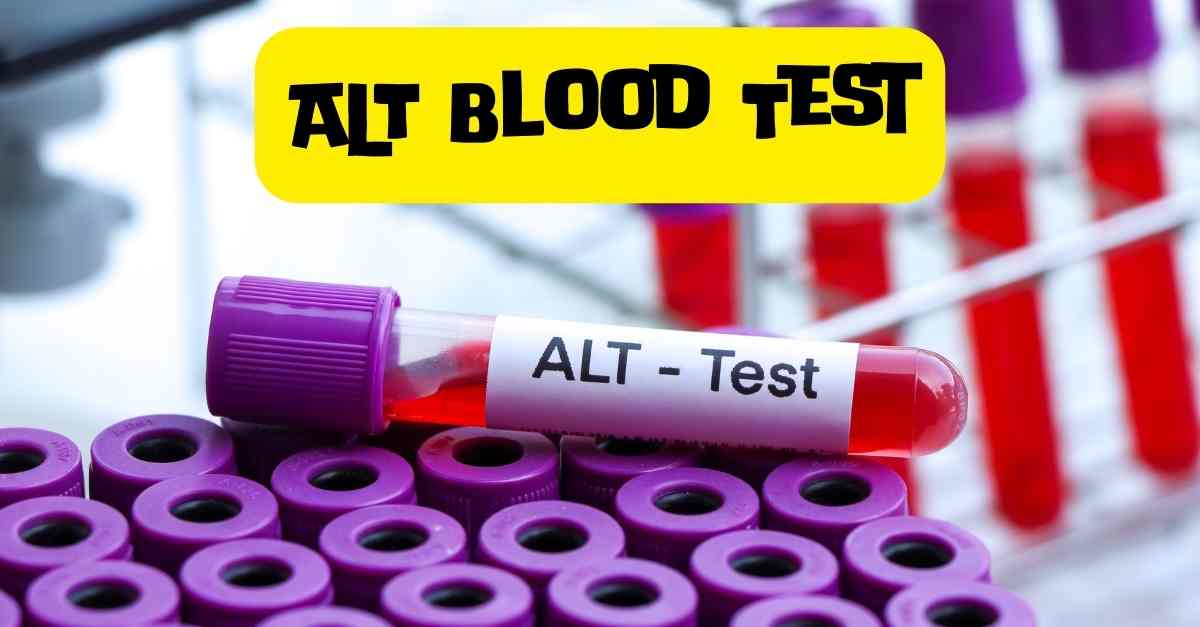

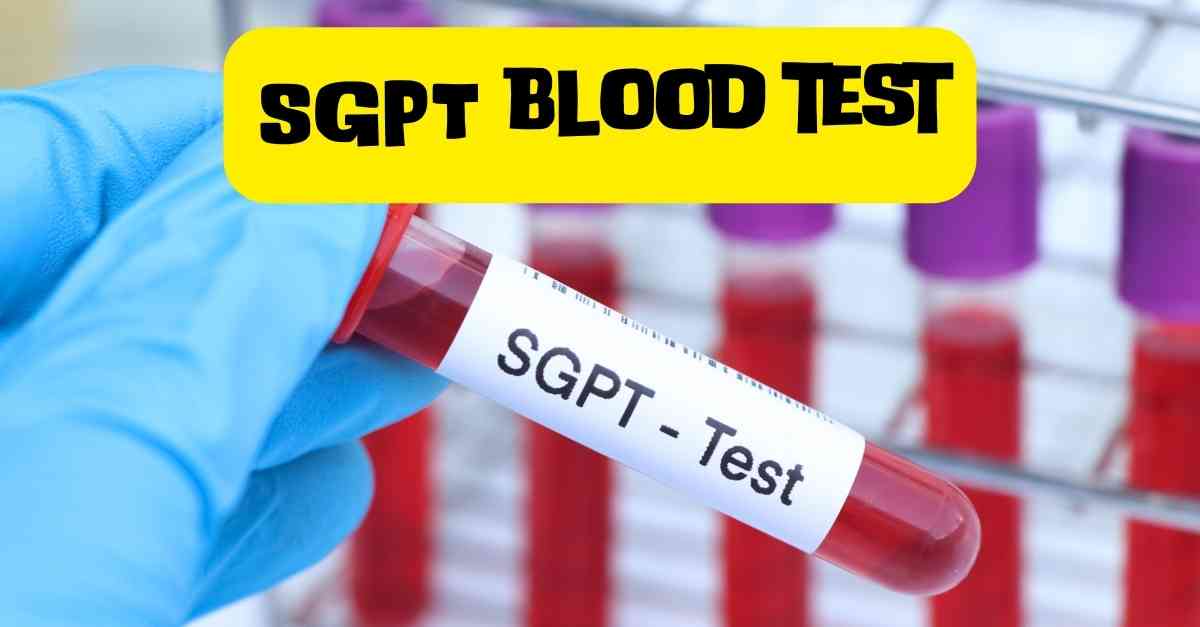

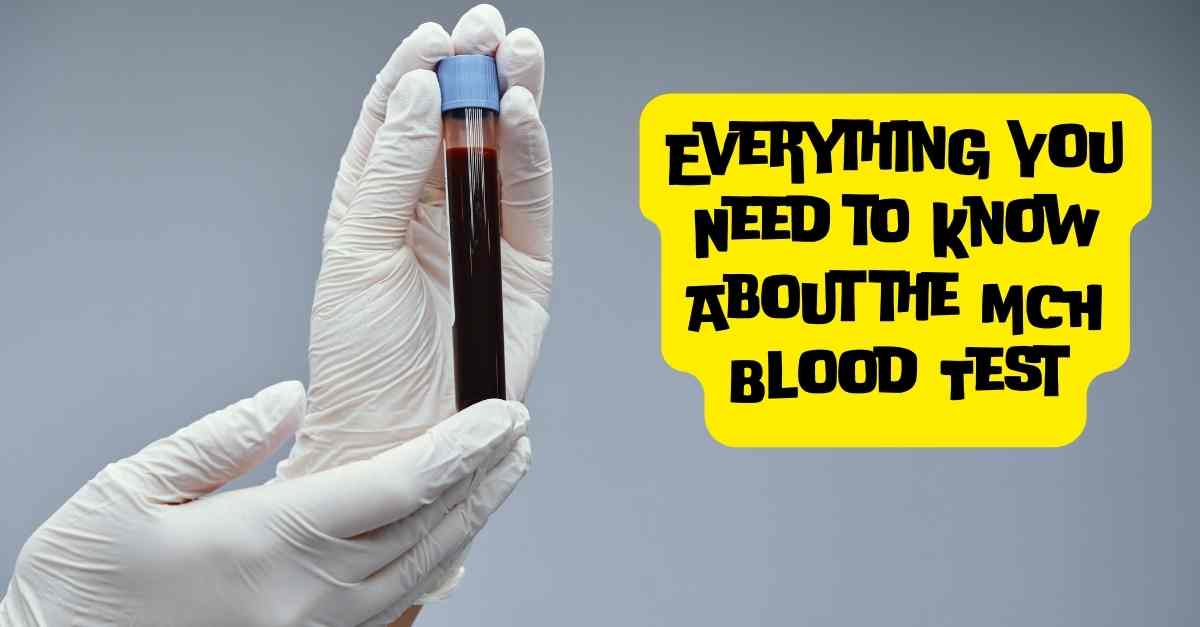




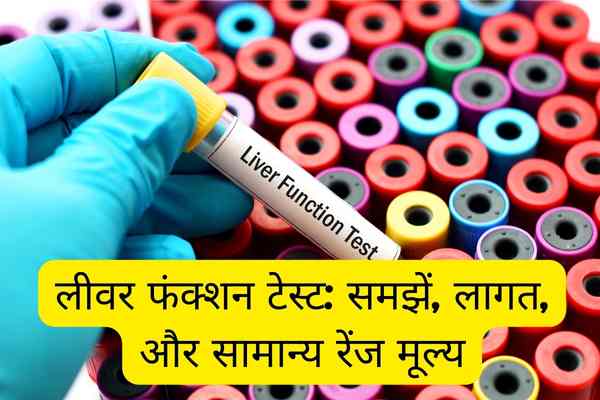
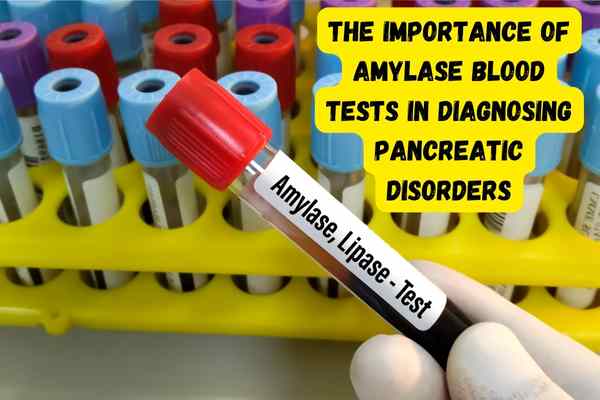
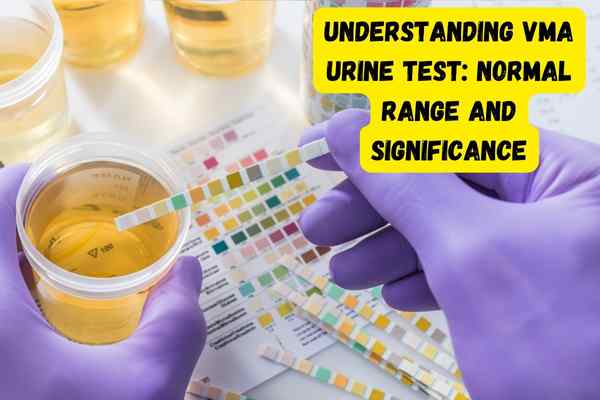
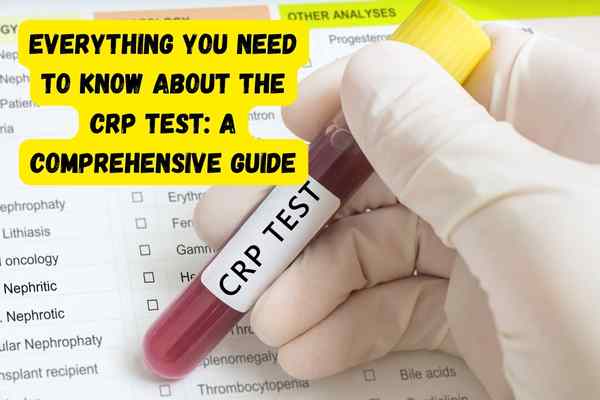

.jpg)


 Tests Demystified.jpg)


 Test.jpg)


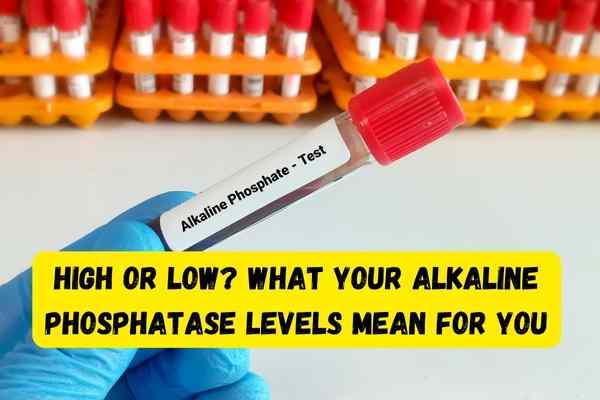


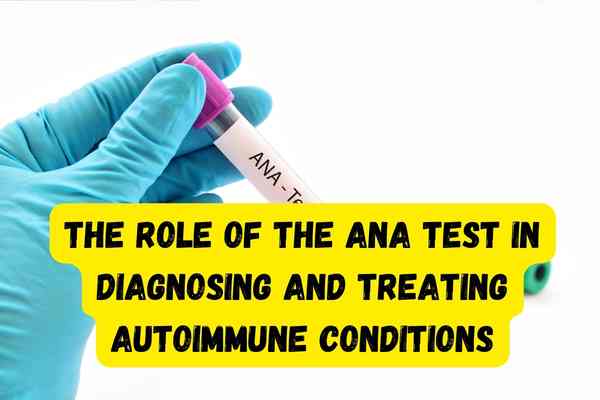



 Its Role, Sample Types, and Report Generation Time.jpg)

 Levels Explained Fast, Accurate Testing with Blood Samples at Marvel Path Lab.jpg)



 48 मामलो की हुई पुष्टि.jpg)

